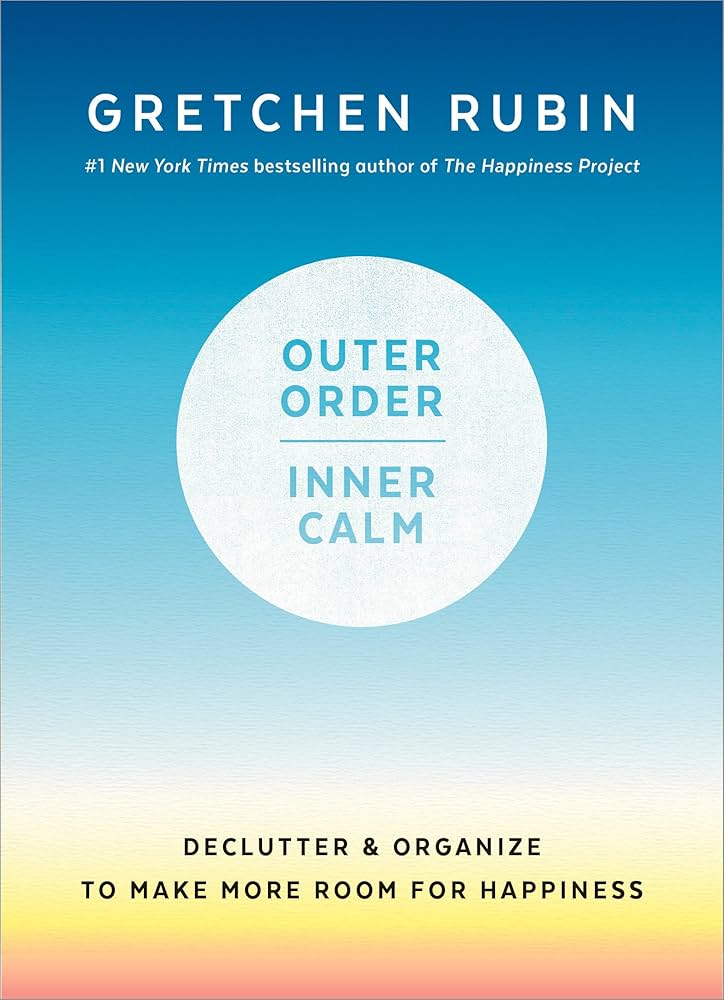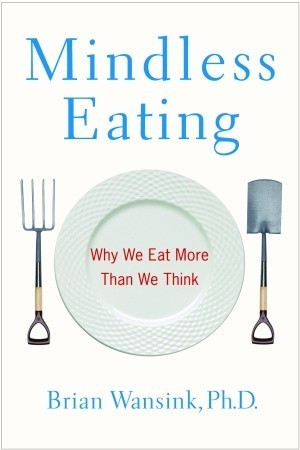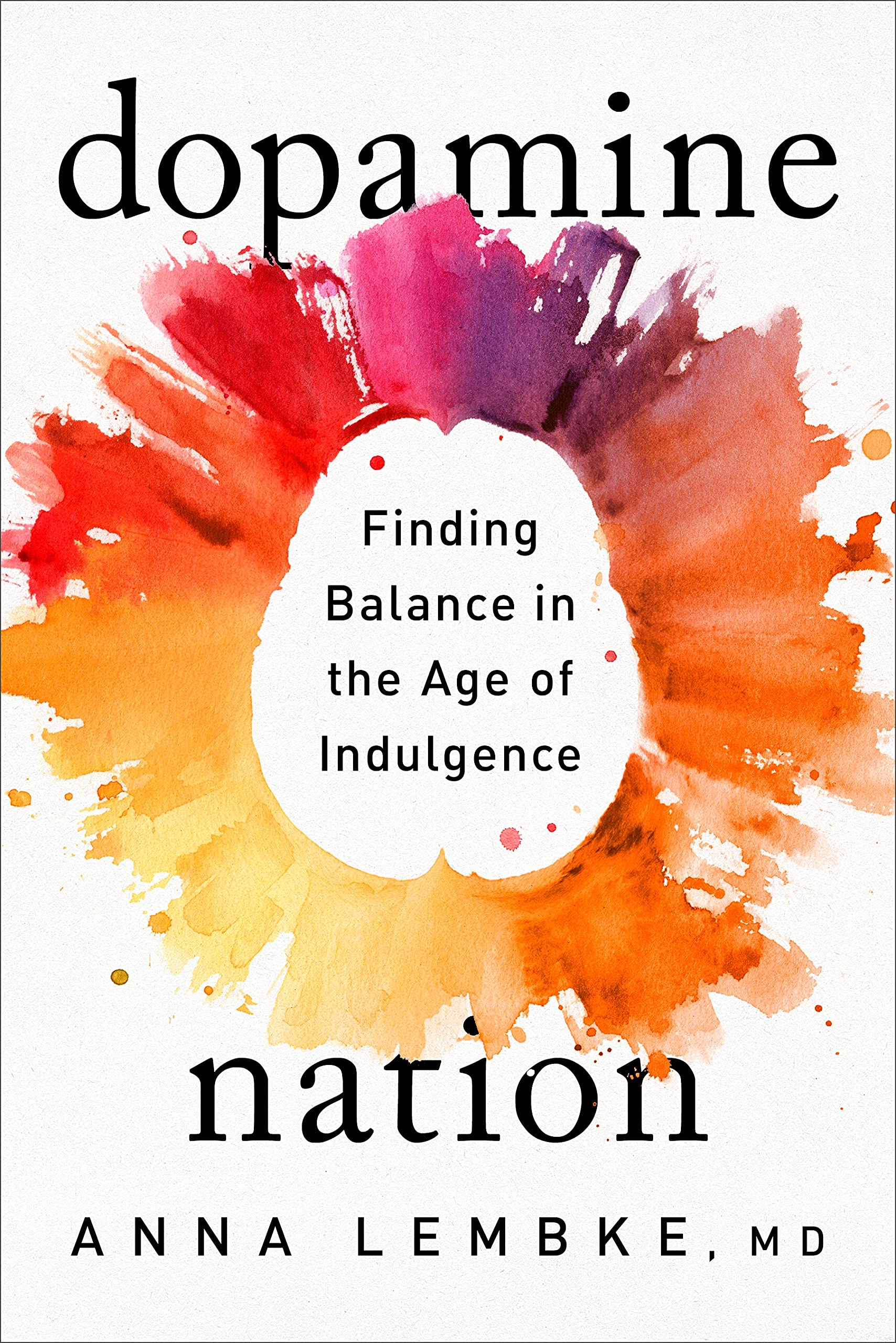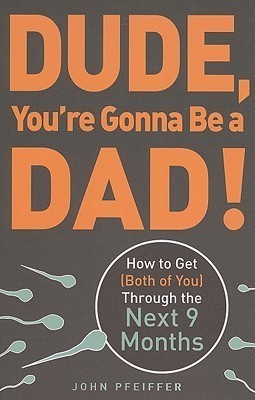Lesson 1: Specialization: Not the Only Answer
In recent times an interesting theory has come up that has got many people hooked to it. This theory supports that deliberate practice leads to genius-like success. According to this theory a person can master any field if they give it a solid ten-thousand hours practice. A popular example of this theory is famous golf player, Tiger Woods. Woods began practicing golf when he was only one year old. Today we all know of his success. Other researches into this area have yielded similar results. For instance, Laszlo Polgar believed that he could transform his children into geniuses if he is able to give them a good head-start. By doing so he wanted to prove that any child can achieve eminence in any discipline if given the right amount of practice, which in this case was ten-thousand hours of practice. True to his words, Polgar’s eldest daughter Susan became the first female grandmaster in chess. Much like Woods, the Polgar story became a popular part of pop culture and became an example of the much-talked about life hack of an early start. Encouraged by his successful experiment, Polgar suggested that his early specialization approach could be used in fields like healthcare to tackle serious issues like cancer and AIDS. An important thing to note in these two examples is that they supported the assumption that chess and golf are representative examples of all activities that matter to mankind.
Psychologist Gary Klein has spent considerable time researching “naturalistic decision making” models of expertise, where he observed experts like doctors, or firefighters making high-stake decisions under extreme time pressure. Klein’s research revealed that experts in an array of fields are strikingly identical to chess masters. Their similarities arise from their ability to identify familiar patterns. The grandmasters are able to make their moves in a surprisingly short amount of time due to their ability to recognize the common, repeating patterns and then choosing a common course of action that first comes to mind. Klein chalks up this ability to their experience that has come to them because of long practices.
Another psychologist, Daniel Kahneman presents a different angle to this through his research. His research on the judgments of highly trained experts revealed that oftentimes experience was not that helpful, and bred confidence but not skill. Other psychological research following this showed that in most real-world scenarios experience will not automatically translate into skill. Scenarios like college administrators assessing student potential, or psychiatrists predicting patient improvement, or human resources professionals estimating which professionals would succeed during job training. The repeated practice in these domains will not lead to learning
Unlock Knowledge with Wizdom App
Explore a world of insights and wisdom at your fingertips with the Wizdom app.
 1 Million+ App Download
1 Million+ App Download  4.9App Store Rating
4.9App Store Rating 5000+Summaries & Podcasts
5000+Summaries & Podcasts









